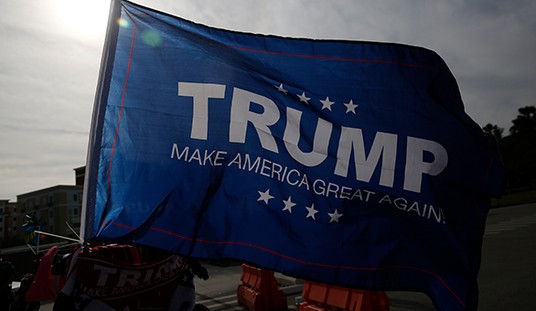The U.S. Postal Service (USPS) is drowning in red ink, having lost $9.2 billion in 2020 alone. Things weren’t looking rosy before the pandemic, either. In fact, America’s mail carrier has shed more than $80 billion over the past 15 years. When faced with such gargantuan losses, many businesses swiftly introduce far-reaching changes to pivot back to profitability. But owing to the strange, tangled status of the USPS as a government-managed enterprise, key decisions to get the agency back into the black are undermined by the actions of other branches of government. In recent years, the judicial branch has played a particularly large role in interfering with the USPS’s operations. With some much-needed clarity from the bench, the agency can get back to delivering for the American people.
Until the past couple of years, the daily operations of the USPS largely escaped judicial attention. There were some notable employment discrimination cases, and even an interesting dispute over the Establishment Clause. Yet, key decisions over how the agency fulfills its universal service obligation were largely left to postal leadership and Congress. Fast forward to the 2020 Election, which was rife with wild conspiracies alleging that America’s mail carrier was trying to steal the election for then-President Trump… or President Biden, depending on who you asked. Various states and individuals took the USPS to court, claiming that operational changes such as removing mail collection boxes from street corners and sorting machines from postal facilities was unlawful and undermined voting rights.
These allegations were made – and largely escaped judicial scrutiny – despite the fact that the USPS ordinarily removes thousands of collection boxes and sorting machines from circulation each year. Perhaps it did not occur to the plaintiffs that consolidating the agency’s overbuilt network could actually make things more efficient and even expedite the vote-by-mail process. The judges tasked with hearing these cases, though, certainly did not see things this way. On September 17, 2020, Chief Judge Stanley A. Bastian of Washington’s Eastern District declared that “voter disenfranchisement” was at the “heart of DeJoy’s and the Postal Service’s actions” and issued an injunction requiring a halt to operational changes. Just a few days later, Southern District Judge Victor Marrero ruled similarly against the USPS.
Recommended
Judicial interference in federal agency decisions is hardly new or unwarranted. After all, agencies exceed their statutory authority all the time in far-reaching actions with clumsy, half-baked legal justifications. Courts, though, generally limit themselves to reviewing final agency actions (i.e., the last steps in the rulemaking process). This is hard to apply to an agency that operates “on the fly” like a business and regularly changes the location of mail collection boxes without much input.
The court has previously ruled that the USPS requires approval from the Postal Regulatory Commission for changes that have “some meaningful impact of service” over a “broad geographical area,” but that elaboration opens up a broad range of changes such as the layout of post offices, rules on mailboxes, and collection box removal to regulatory scrutiny. The court’s broad language, along with the judiciary’s recent forays into postal policy and limitations imposed by unions and lawmakers, makes it difficult for the agency to embrace any meaningful reform. It’s little wonder that, instead of taking sensible steps to limit the number of delivery days, allow USPS services at retail outlets, and streamline their overbuilt network, the USPS feels forced to degrade their service standards.
The Postal Service needn’t slow down the mail to stay afloat. There are plenty of reform options, but meaningful change can only come if the agency gets a green light from the black robes. Overregulation and judicial overreach will only result in another costly taxpayer bailout.























Join the conversation as a VIP Member